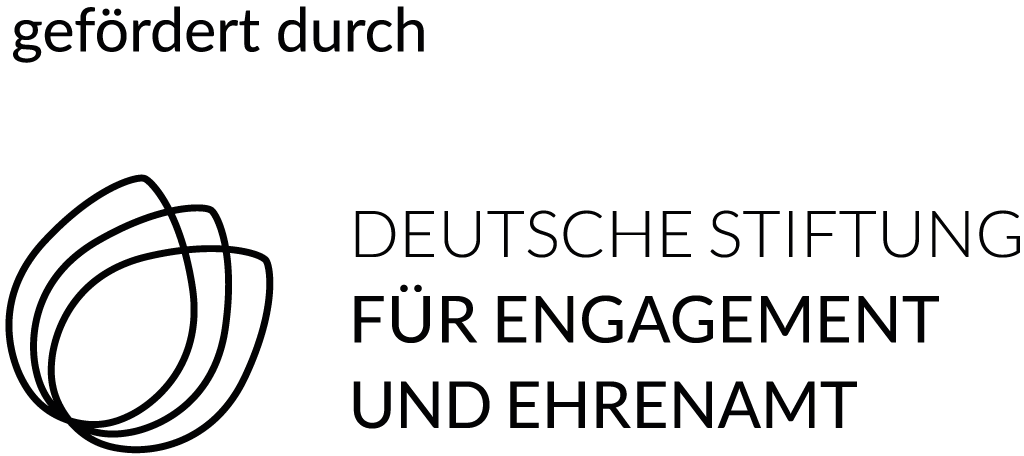Using an algorithm-based procedure, we have successfully matched and relocated a first group of 20 Ukrainian refugees from Poland to German municipalities this week. The municipalities participating in Re:Match are Braunschweig, Düsseldorf, Kiel, Rottenburg am Neckar, Salzgitter and Troisdorf.
During the previous 7 months we have built an innovative relocation model for an individualized and needs-oriented reception and redistribution of refugees. Together with our Re:Match partners we have implemented a series of concept design activities to draft and test a blueprint for a matching-based, direct relocation from Poland to welcoming German municipalities.
As the first step, we conducted exploratory workshops with Ukrainian refugees and interested municipalities in Germany to identify most pressing needs and compared them with what cities can offer in terms of reception and integration infrastructure and available data. This work laid the ground for the matching criteria and a matching algorithm led by our Canadian partner organization Pairity, a team of renowned experts with international experience in building evidence-based, community-driven algorithms.
In parallel, in close cooperation with Salam Lab, a refugee-led NGO working with people on the move in Krakow, Poland, we created preference-ranking surveys and conducted face-to-face Interviews with the perspective refugee participants.
Finally, the project made sure the Ukrainian participants have had a say throughout the entire process by providing relevant information on the municipality they were matched with and making the algorithm logic as well as the reasoning for every match transparent.

NEXT STEPS
After a short preliminary evaluation, we will continue with matching two additional groups in the upcoming months. In total, we plan to directly relocate around 100-120 Ukrainians from Poland to German cities until the end of September 2023.
Following this, our team will issue a comprehensive evaluation report analyzing the project results and addressing the question of scalability for a potential EU-wide relocation mechanism and other groups.
To receive updates like these directly, you can sign up to our Newsletter and stay informed.




